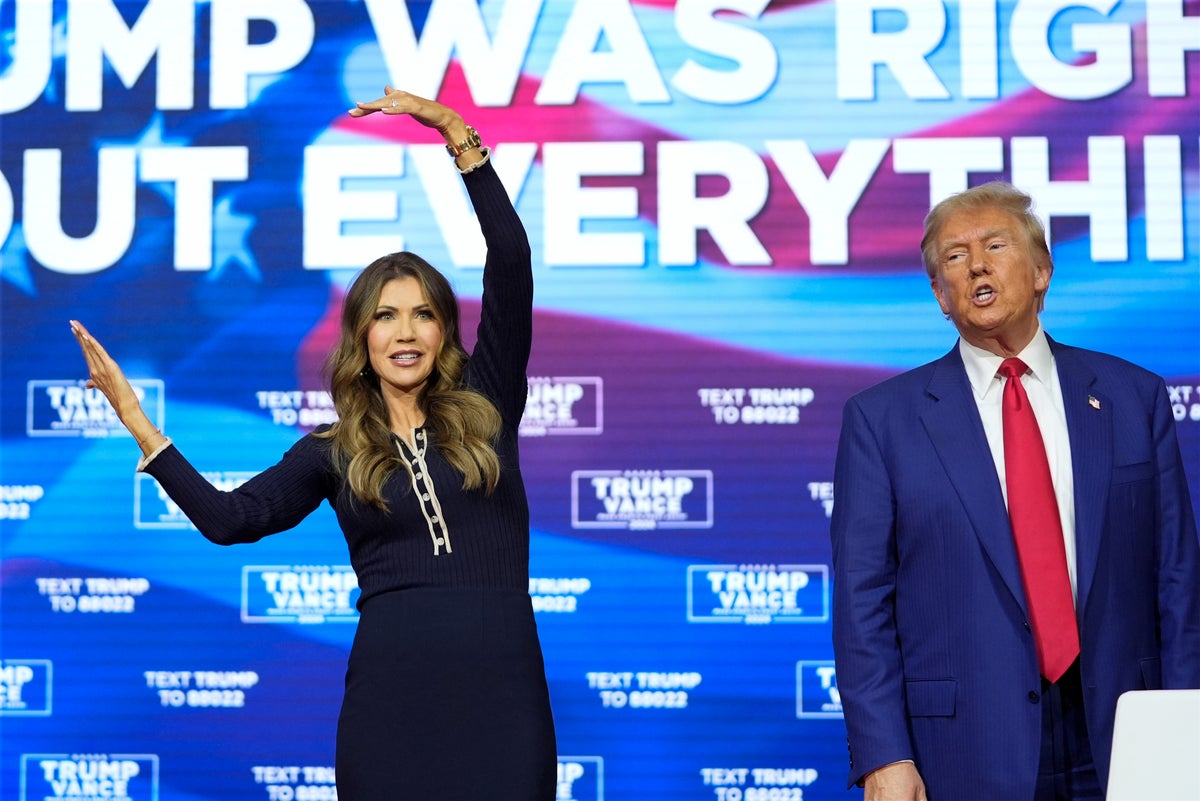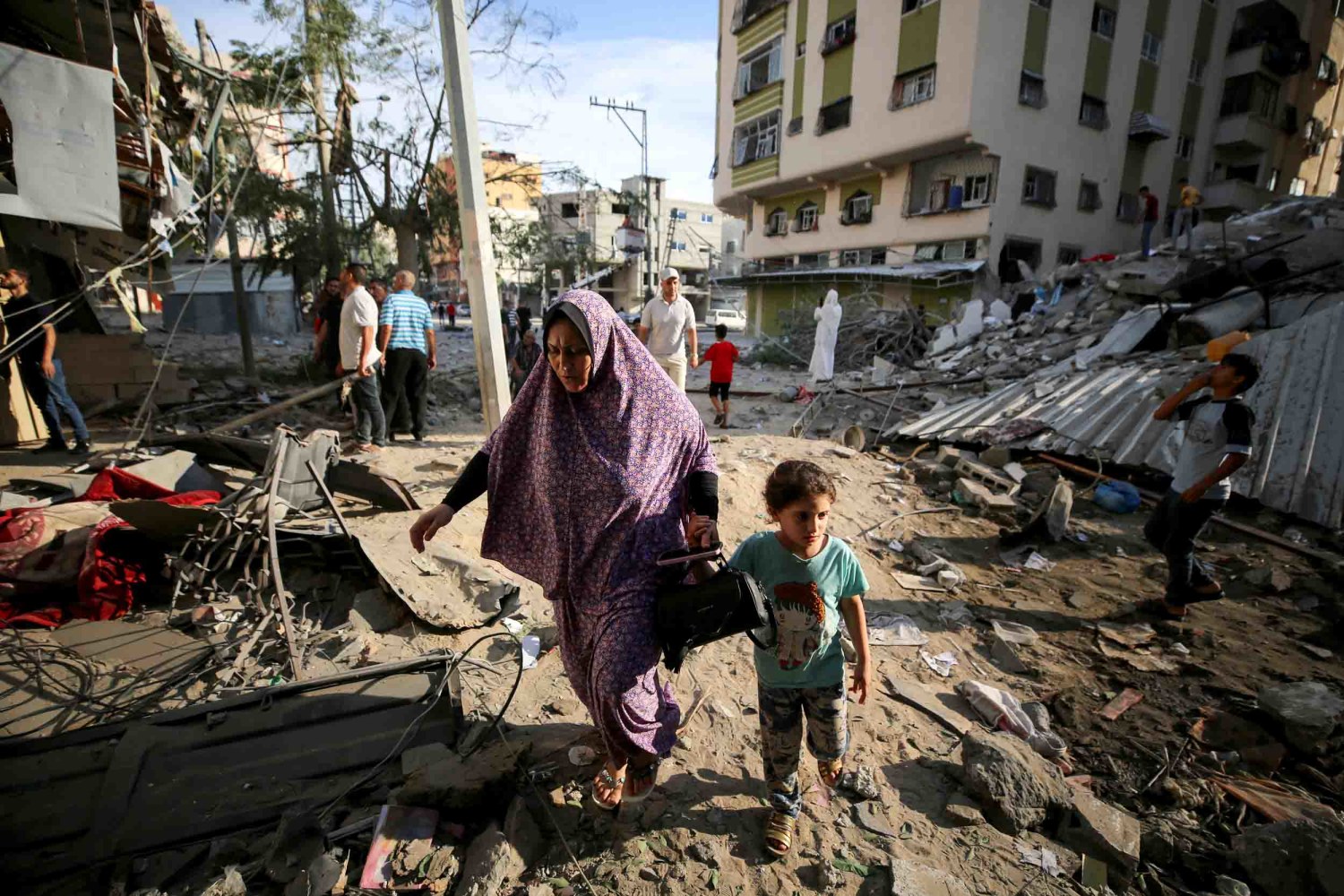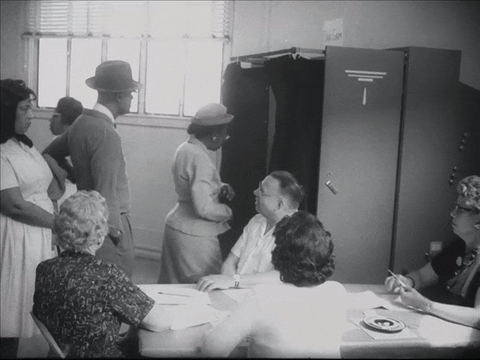- BlackVoter.Org
- Posts
- BLACKVOTER.ORG
BLACKVOTER.ORG

Dive into the vibrant legacy of the Apollo Theater, a cultural cornerstone celebrating 90 years of Black creativity and artistry! Located in Harlem, this iconic venue has launched the careers of legends such as Ella Fitzgerald and Lauryn Hill through its famed "Amateur Night." Join in on the action every Wednesday night for an exhilarating talent competition where YOU help decide who stays or goes!
But that's not all—the Apollo Music Café showcases emerging musical talent, while the Apollo Comedy Club spotlights the next wave of comedic genius.
Upcoming events feature thought-provoking art, inspiring performances, and a rich blend of entertainment that reflects America's diverse cultural tapestry.
Become part of the fun, explore educational programs, and support the arts by visiting the Apollo—where stars are born and legends are made! Get ready to be inspired and entertained, all in one historic location.

As Election Day approaches, Pennsylvania is a hotbed of activity with Donald Trump and Kamala Harris vying for voter attention. Trump's recent town hall in suburban Philadelphia turned unexpectedly festive, morphing into a makeshift music party after two audience members fainted, interrupting the Q&A.
Meanwhile, Harris held a rally in Erie, skillfully countering Trump’s rhetoric by playing recordings of his past threats against "enemies within" the U.S.
, asserting that his unstable demeanor poses a significant risk if he secures another term.
This duel in Pennsylvania, a critical battleground state, highlights contrasting campaign strategies: Trump’s music-filled events against Harris's serious warnings about his intentions.
With both candidates seeking to sway undecided voters, the stakes couldn't be higher. As polls indicate a neck-and-neck race, every moment counts in this high-stakes electoral battle.

In a high-stakes showdown in Pennsylvania, Kamala Harris and Donald Trump are vying for pivotal voter support ahead of the 2024 election. Harris passionately outlined her plan to empower Black men, featuring initiatives like forgivable business loans and healthcare support, appealing to a vital demographic that previously backed Biden.
Meanwhile, Trump reinforced his tough stance on immigration and domestic security, claiming he might employ military force if unrest arises on Election Day. His rhetoric is stirring concerns over potential violence, especially among progressives.
As both candidates strategize to win over minority and suburban voters, the race in this crucial battleground state remains razor-tight. Mixed reactions from voters highlight a deeply divided electorate, making every campaign effort crucial as November draws near.
With endorsements wavering, both Harris and Trump are aware that Pennsylvania's seven million votes could be the key to victory.

As the race for the White House intensifies, Vice President Kamala Harris took center stage in North Carolina, sharply criticizing Donald Trump amid ongoing discussions about disaster relief for hurricane-hit communities. In her pivotal speech, she emphasized the importance of truth, indirectly targeting Trump for spreading misinformation about federal support.
However, recent polling reveals Harris struggling significantly with Latino voters, capturing only 56% compared to Trump’s 37%. Meanwhile, Trump rallied in Arizona, promoting his tough immigration stance and pledging to bolster border security.
With only weeks until the election and voters increasingly feeling abandoned by the government, both candidates are vying intensely for key swing states. As Harris geared up with celebrity surrogates like Bill Clinton, questions loom over her ability to unify the Democratic base and counter Trump’s persistent appeal among demographics traditionally aligned with the party.
The countdown to Election Day reveals a crucial and unpredictable political landscape.
In a spirited move to energize Black male voters ahead of the 2024 election, Vice President Kamala Harris unveiled an ambitious plan aimed at uplifting this crucial demographic. During a campaign stop in Erie, Pennsylvania, she introduced initiatives that include forgivable loans for Black entrepreneurs, increased apprenticeship opportunities, and enhanced research into health issues affecting Black men.
The plan also seeks to engage these voters in emerging industries, such as the legal cannabis sector, while ensuring better regulations for cryptocurrency investments.
Recognizing the challenges faced by Black men in the economic landscape, Harris aims to create a pathway for success that encompasses education, health, and business opportunities, including a pledge to help 1 million aspiring entrepreneurs.
With less than a month to go until Election Day, her campaign hopes this proactive agenda will mobilize support and prevent potential voter apathy among Black men, ensuring they have a voice in the upcoming election.

Arab and Muslim leaders are facing a difficult dilemma as they consider endorsing Vice President Kamala Harris in her presidential campaign. With the ongoing conflict in Gaza, many within these communities are conflicted; they risk backlash from constituents who view U.
S. support for Israel as complicity in violence.
Concerns are heightened in places like Dearborn and Hamtramck, where feelings run deep among Palestinian and Arab Americans. While Harris's campaign is making strides to reconnect with these voters, many leaders fear that endorsement could alienate their base.
Supporters of Harris express their internal struggles about backing her, citing a perceived inadequacy in addressing the concerns of the Muslim community. The political landscape is tense, with some advocating for a strategic blank vote and others rallying around alternative candidates like Jill Stein.
Amidst this turmoil, the urgency to navigate these dynamics is palpable as the election approaches.

In a crucial election, Asian American voters are taking center stage as the fastest-growing voting demographic in the U.S.
With a staggering 55% increase in eligible voters in Pennsylvania alone from 2010 to 2020, the power of AAPI turnout is undeniable. Canvassers from the Asian and Pacific Islander Political Alliance are mobilizing in communities, translating materials into multiple languages to engage voters.
The stakes are high, with both parties vying for attention in a tie race, realizing that even a small community can sway outcomes. Organizations, such as the AAPI Victory Fund, are working tirelessly to empower and mobilize voters who once felt sidelined in politics.
From tailored outreach strategies to vibrant community events, this election cycle showcases the growing influence of Asian Americans, proving they are now a formidable force in shaping the political landscape.

The involvement of Black churches in elections is deeply rooted in their theological teachings, which emphasize liberation and civic engagement. Valerie Cooper, a professor of Black church studies, points out how these values were instilled in congregants from a young age, with discussions of candidates often occurring during church gatherings.
Despite Black churches being historically significant in political mobilization, recent trends show a decline in attendance, particularly among younger generations, raising concerns about their electoral influence. Experts highlight a shift in political alignment, moving from a steadfast Democratic support to a more diversified stance, particularly among younger Black adults.
The ongoing dynamic between faith and politics is complex, as many view their ultimate trust in God rather than in political systems. As Black churches navigate this evolving landscape, their rich history of advocating for freedom and justice continues to inspire civic participation, albeit in a changing social context.

Indigenous Peoples' Day offers a unique opportunity to explore the intertwined histories of African American and Native American communities. This day isn’t just a shift from recognizing Columbus; it’s about honoring the shared struggles and rich cultural exchanges that have united these groups for centuries.
Historically, both faced violence and oppression, with intertwined narratives of colonization, slavery, and resistance. Notable alliances, such as the Black Seminoles, emerged in times of adversity, highlighting solidarity and mutual support.
Today, both communities continue to confront challenges like poverty and healthcare disparities, and many individuals are discovering their shared ancestry, sparking a renewed sense of identity and community. As both groups push for justice and empowerment, Indigenous Peoples' Day serves as a reminder of their collective strength, encouraging ongoing support and collaboration for a brighter future.
